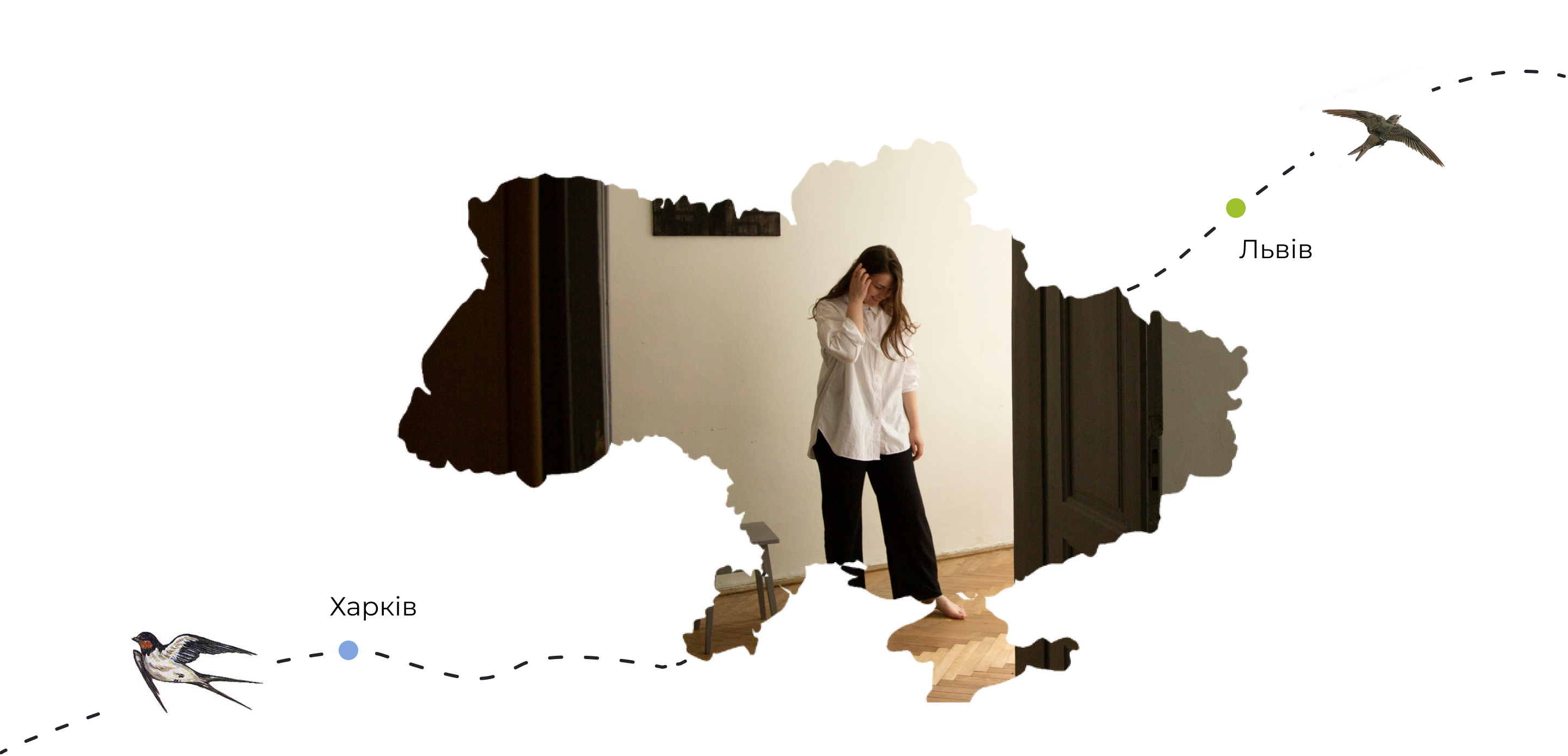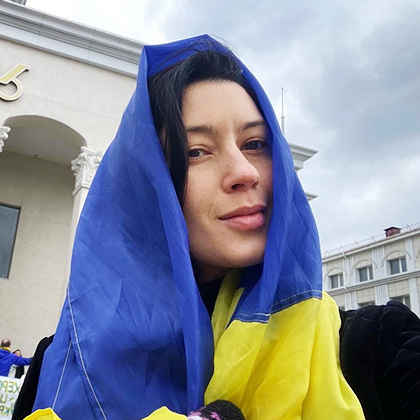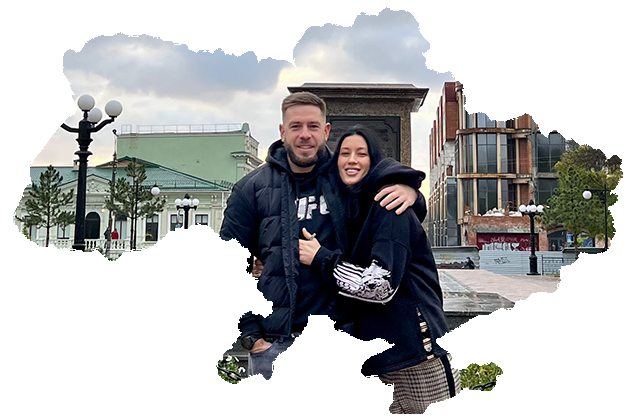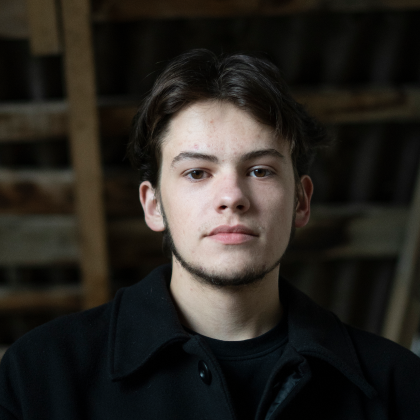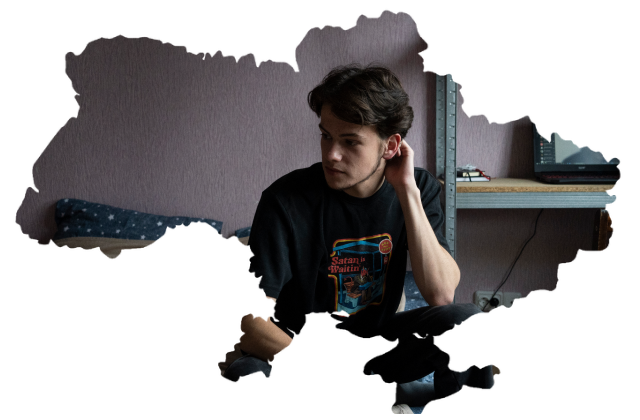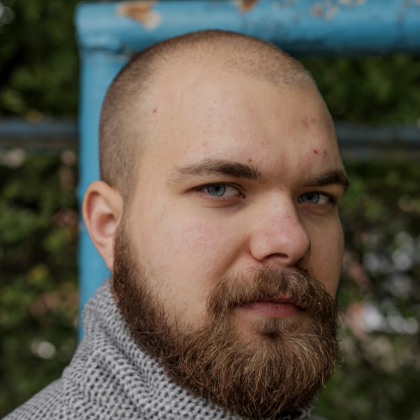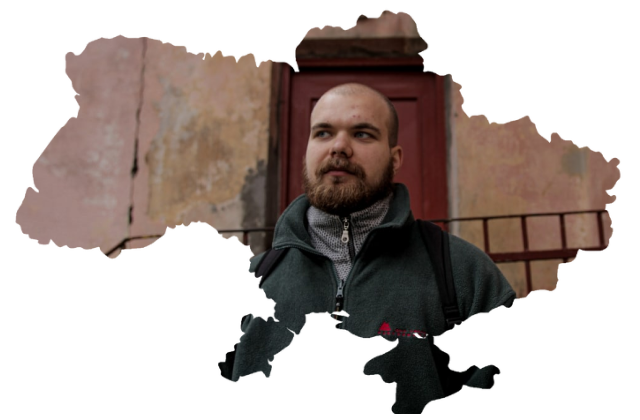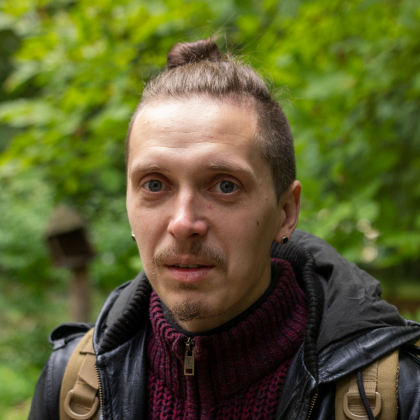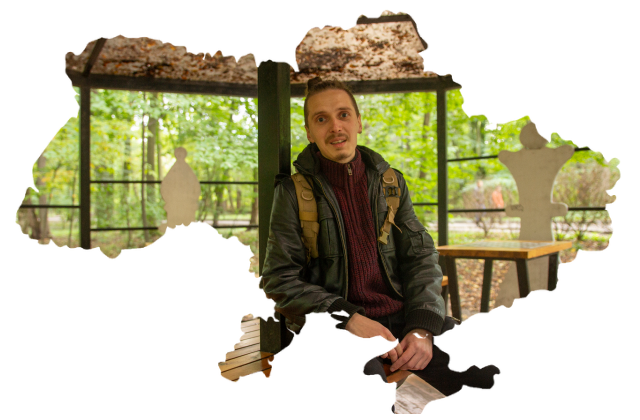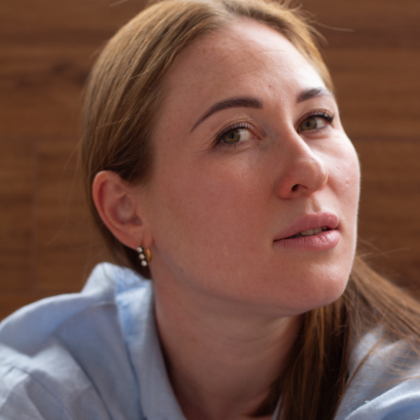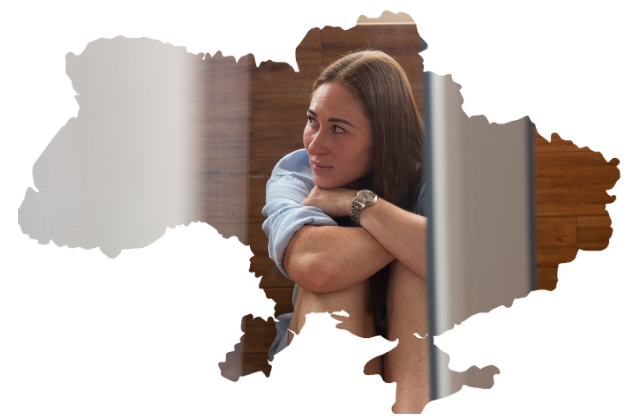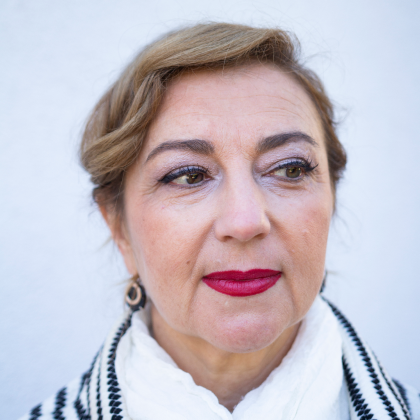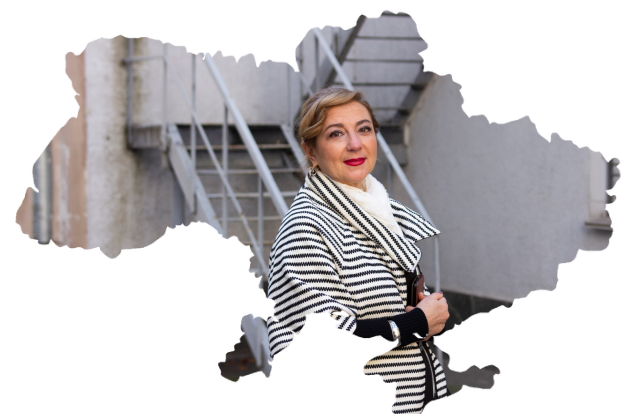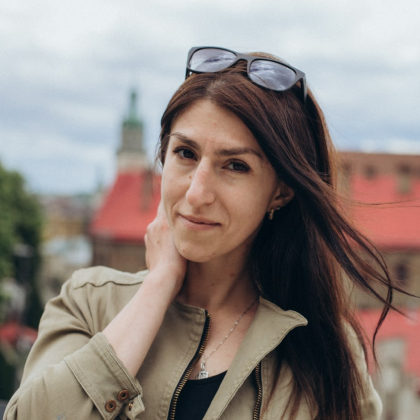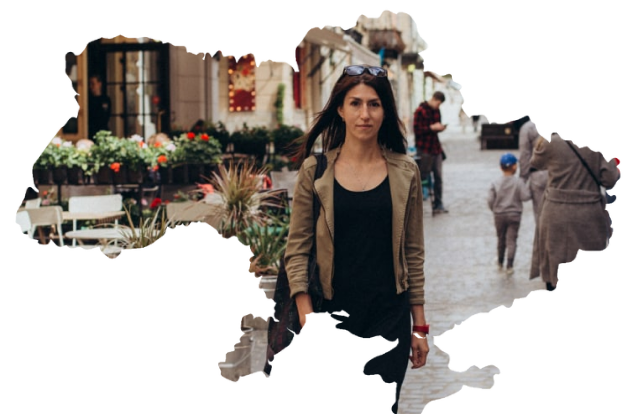Kateryna Herasechkina
Architect, and teacher at the Kharkiv School of Architecture
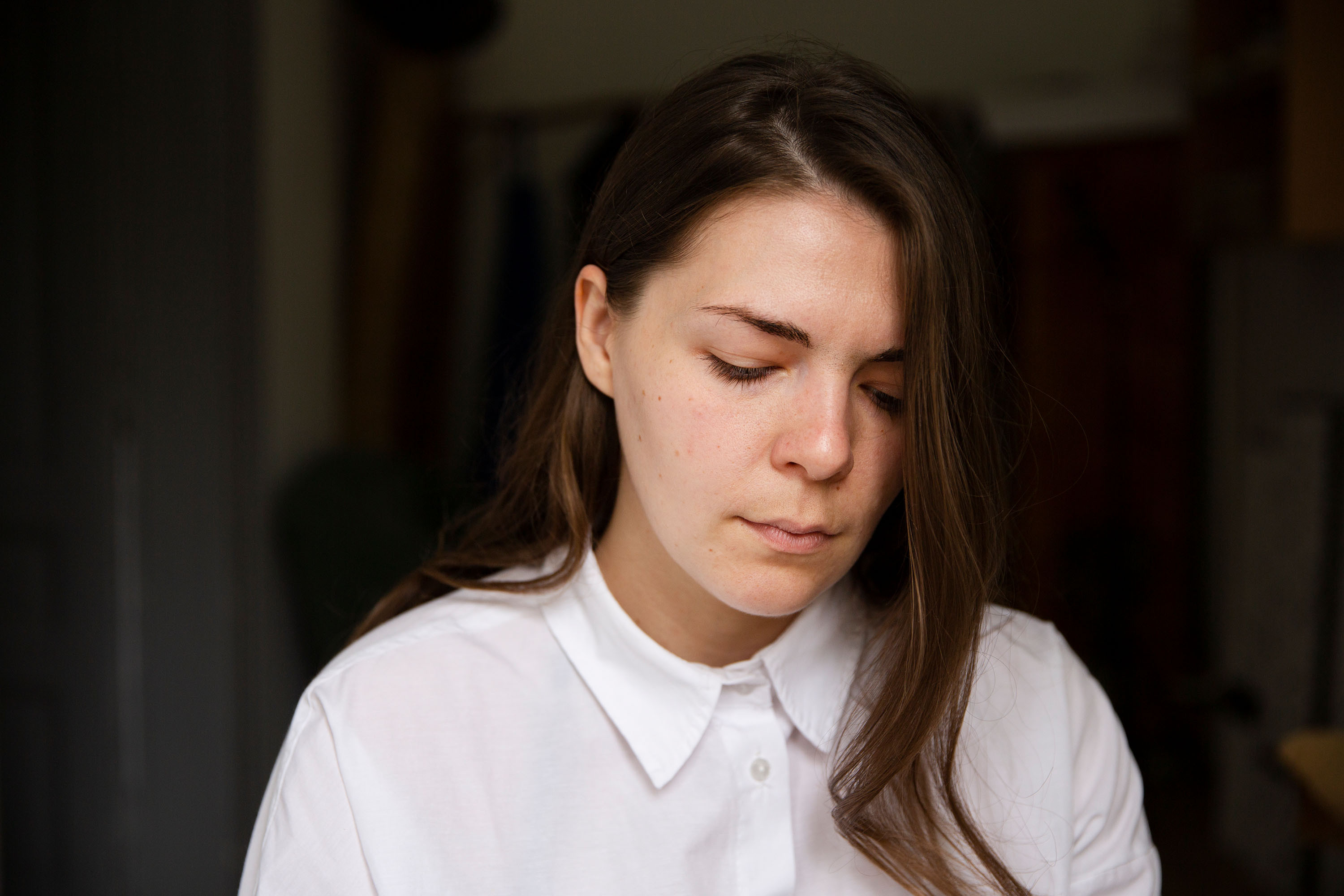
Kharkiv — Lviv
Before the start of a full-scale invasion, I had been experiencing internal tension for two and a half months. I can't say that I knew or understood what it was, but I felt that something extra large-scale was going to happen. I shared these premonitions with my husband and he said it was a mid-life crisis.
I did not immediately comprehend this myself: for a month and a half I was looking for something in my life, and then I understood that the tension was rooted in external events. My inner voice then told me: "Go to your parents, meet with friends, hang out, get some rest."
There were three peak points of this condition.
The first was on February 13. I came home, cleaned the whole place, did the laundry, and packed. I remember that evening: my husband was just sitting at the computer, and I was going through my medicine cabinets feeling that no one understood me at that moment.
The second peak was February 19. I had been taking a branding course with entrepreneur Lera Borodina since December, we had big graduation in Kyiv. I knew that I had to go. And at the event, an inner voice said to me, "You're finally here. Please have fun, dance until the very last dance, get to know other people, socialize, it's your last party." Everything was fantastic, in the morning I called a taxi and the driver said, "We have such great weather, it's going to be a beautiful spring for us." And I knew he had no idea what a horrible spring we were going to have. But I couldn't tell him that.
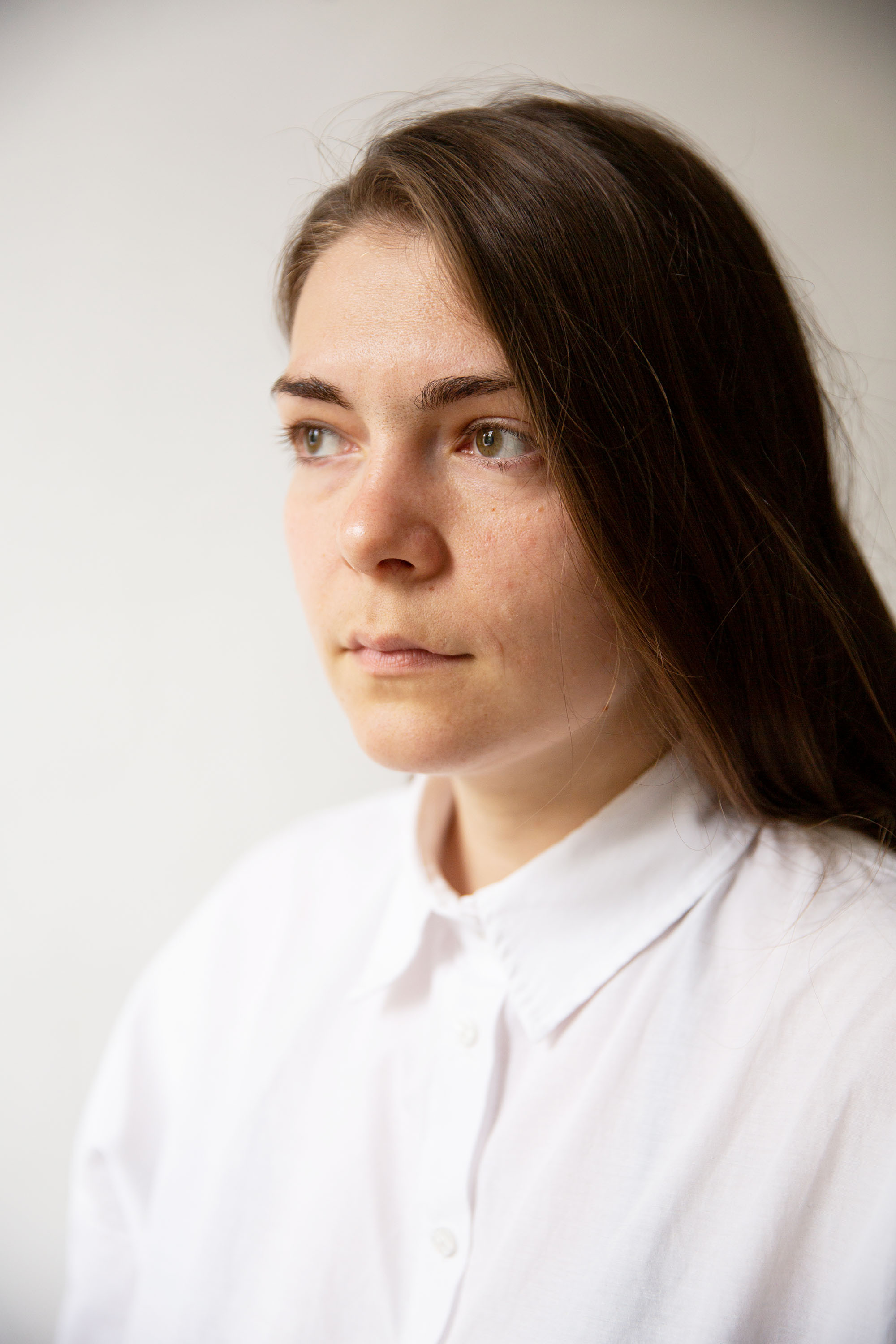
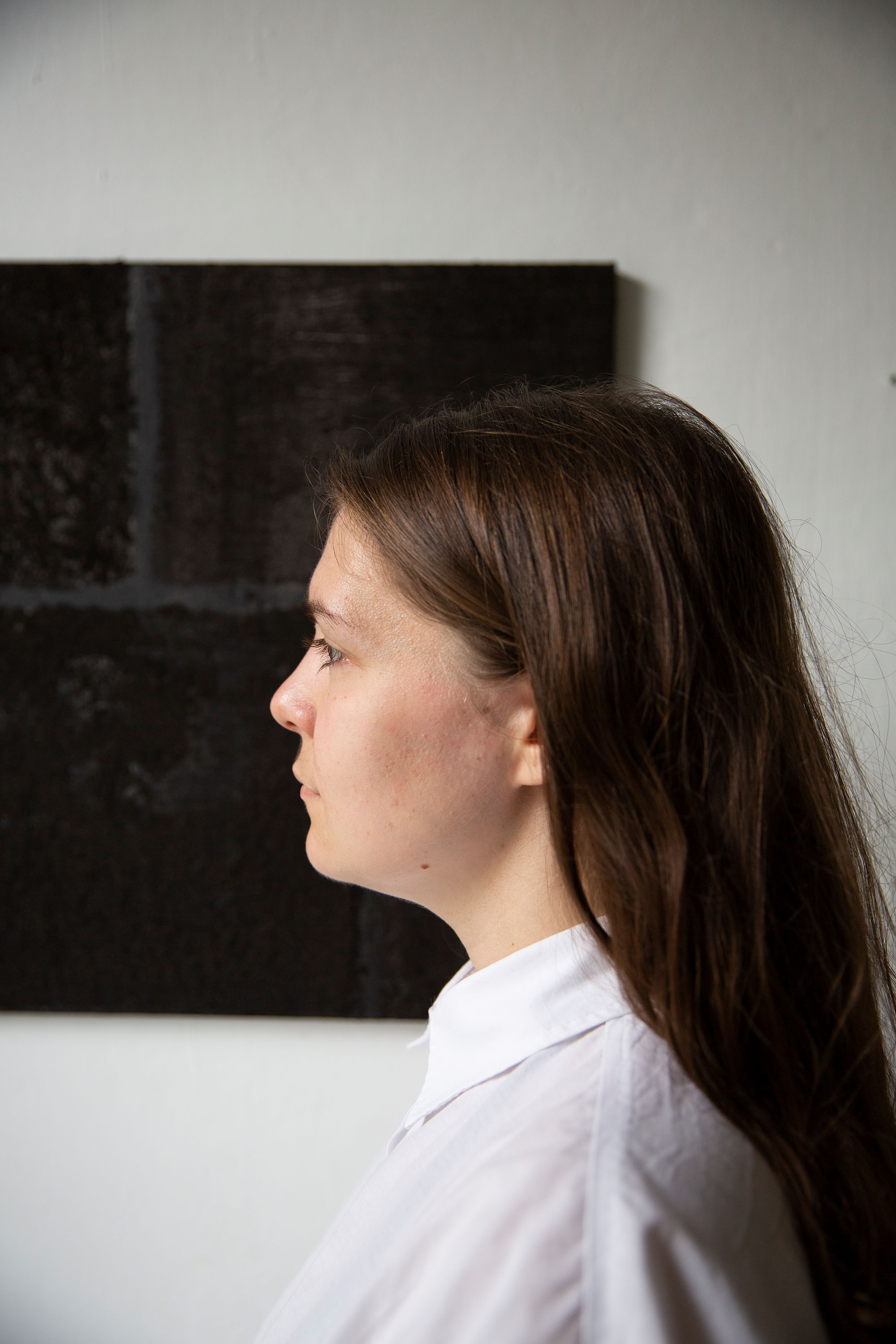
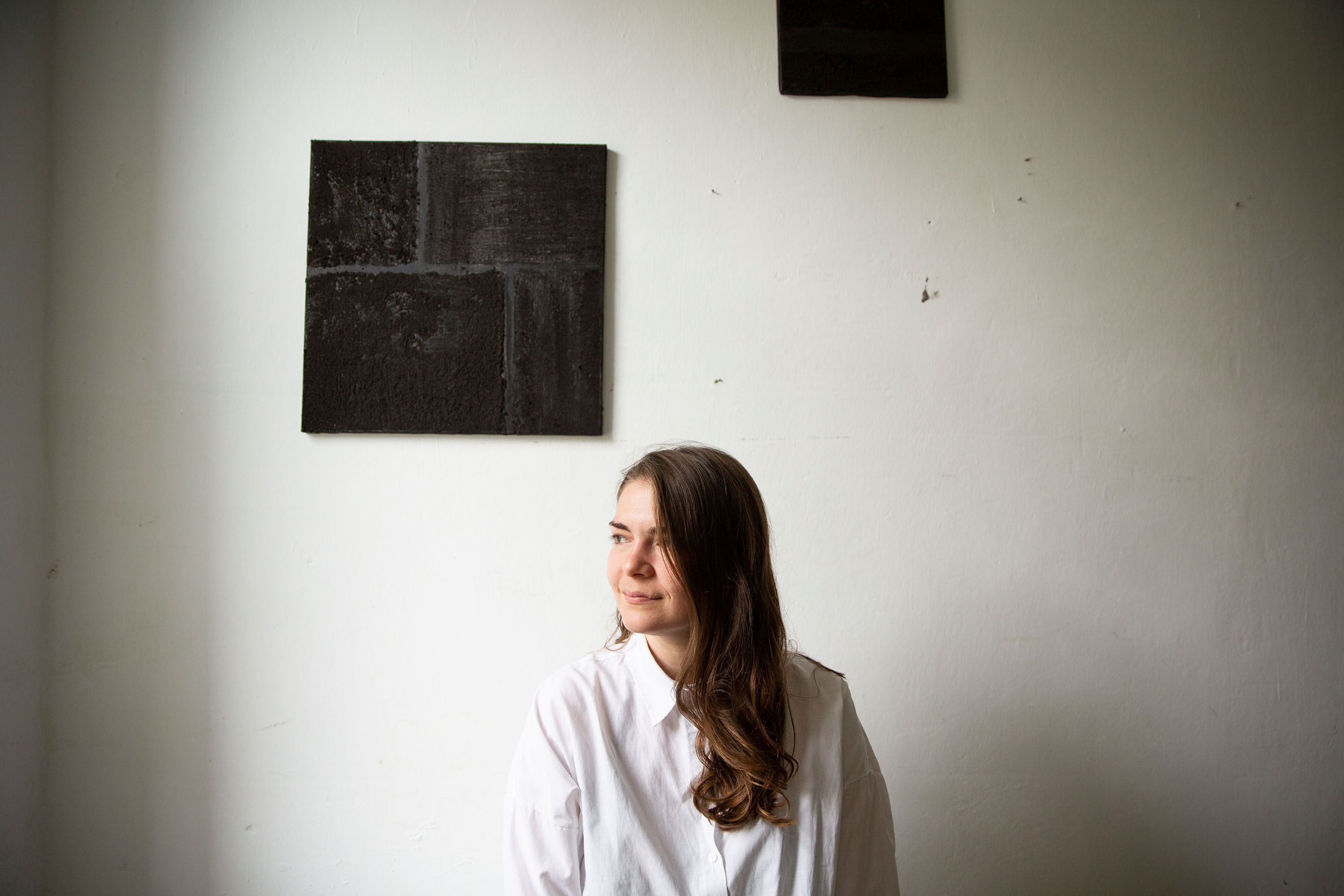
I returned to Kharkiv with a clearer feeling that things were bad. Once again I shared those feelings with my husband, and I saw that he had a different attitude toward that information. The next day he offered to pick up my parents from Mariupol. It surprised me because it was the first real reaction and the first suggestion of action. I called my parents, realized I couldn't hide the bad stuff and told them we could never see each other again. We never got to pick them up because the car we were supposed to drive was in repair.
On February 23rd, there was the third peak of tension. I went to the construction site and could not make myself go up to the meeting with the construction workers. I came to the cafe, fell into a chair, and just sobbed for an hour and a half. The barista was very polite, he spoke to me in Ukrainian, for which I was very grateful. He brought me water, napkins, and some food, and silently supported me until I calmed down.
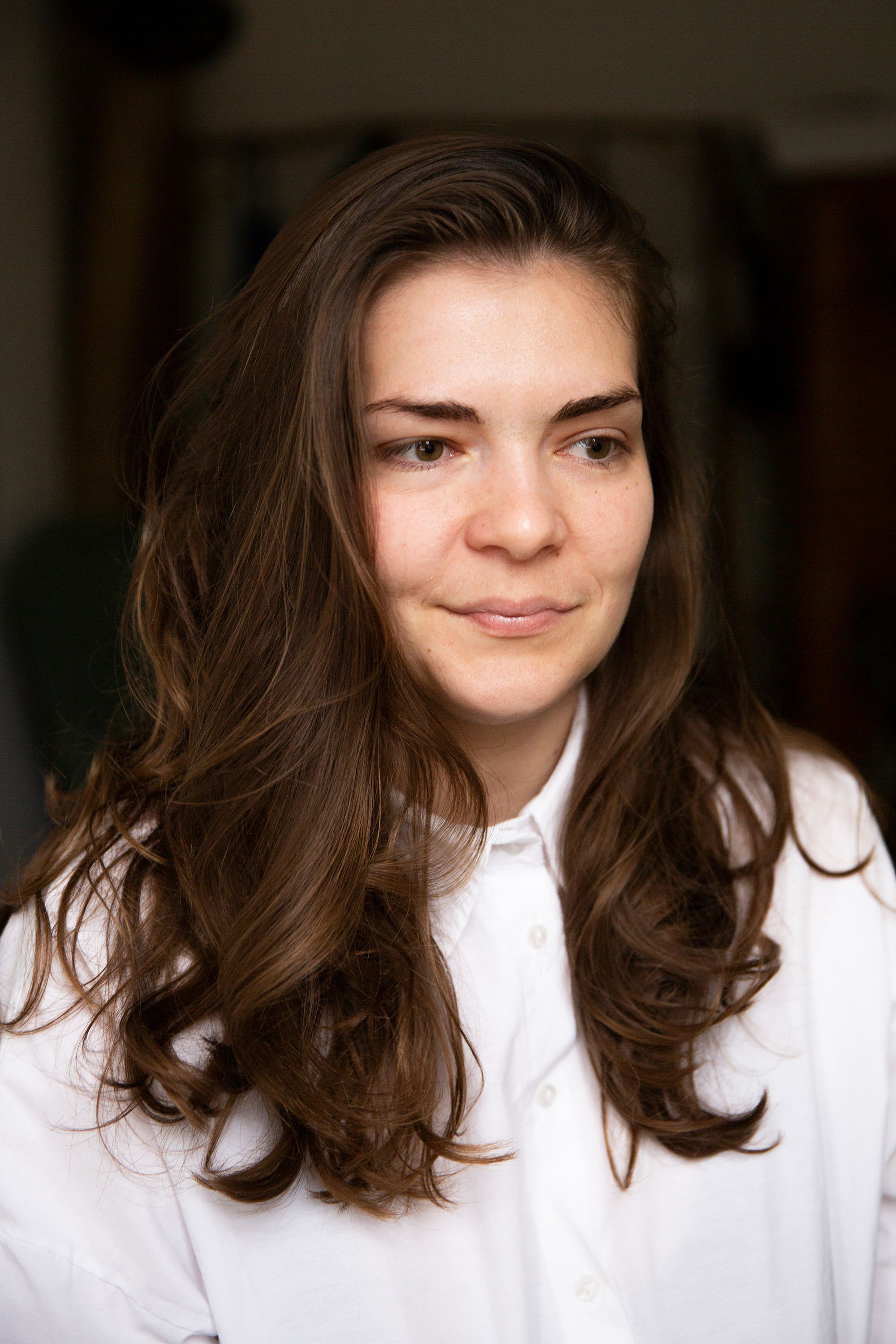
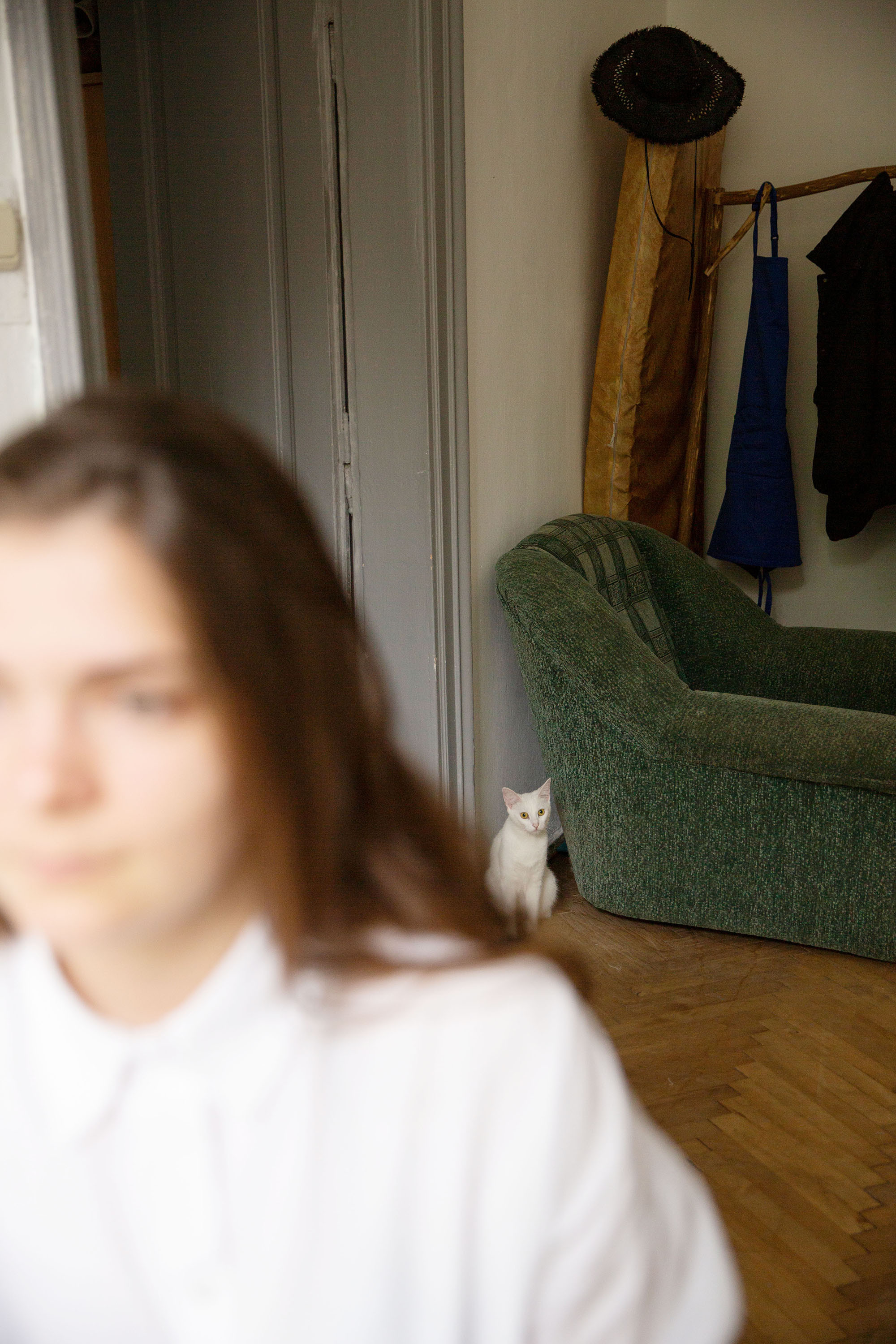
On February 24, my husband and I woke up at 5 a.m. to explosions. It was very strange, but I felt better then because my internal and external states became consistent. I was collected, I did not panic, and that made me feel self-conscious in front of my friends and my husband.
The call that it was time to leave was brought home to me by the bombings at the Office of the State Administration on March 2. I was already at my friends', and my husband joined the territorial defence. He was in the building, and he was saved by going out for coffee because it landed exactly at the spot where he had been sleeping.
Among the three of us friends, there was no driver, we had four cats, two of which weighed six kilos each. My husband returned from TRO for one day. His commander said that there were enough people and if there were relatives to be rescued, it was better to leave. Later on, when the missile hit the Old Hem Pub, his whole group was killed. If my husband had stayed, he would have been gone, too.
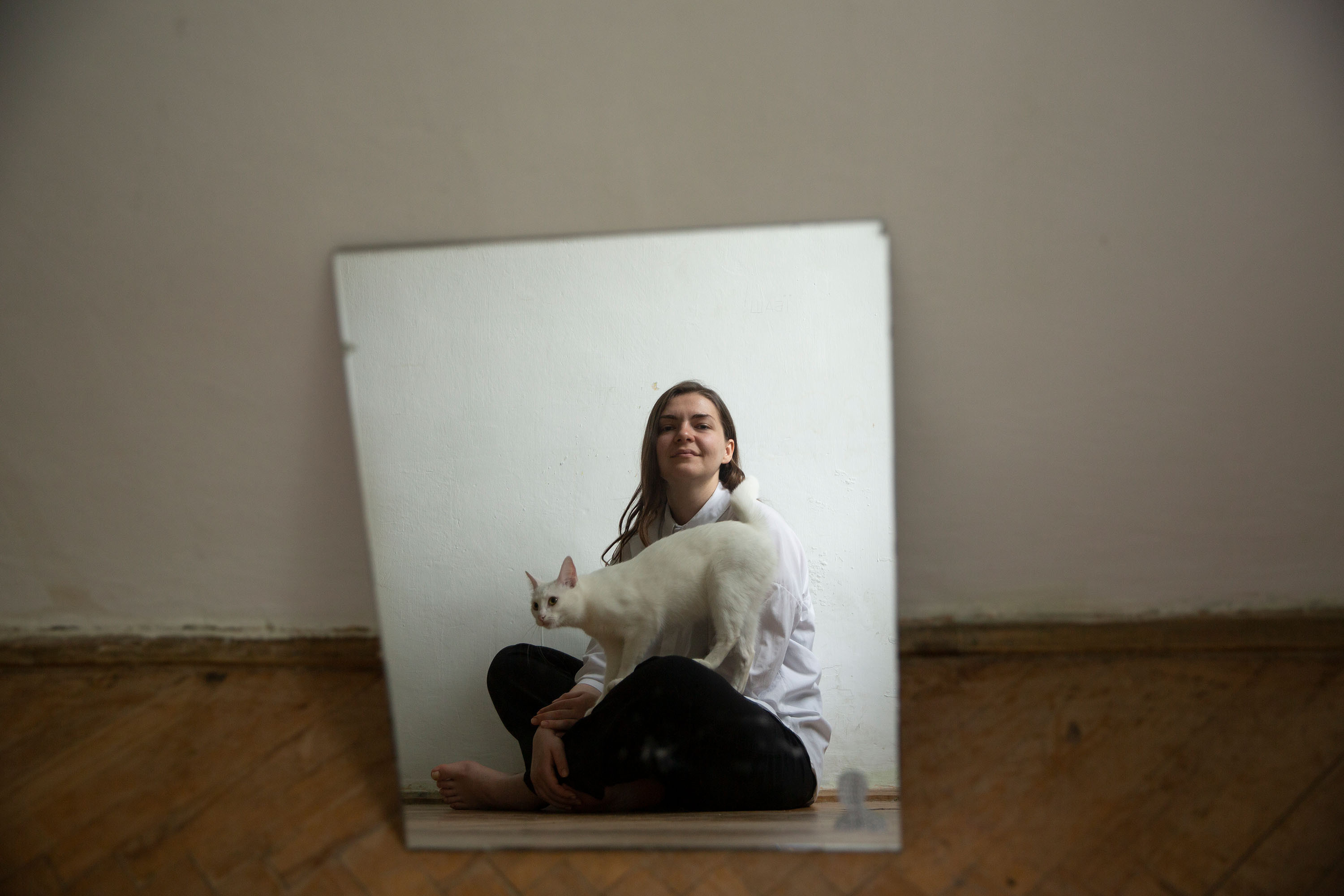
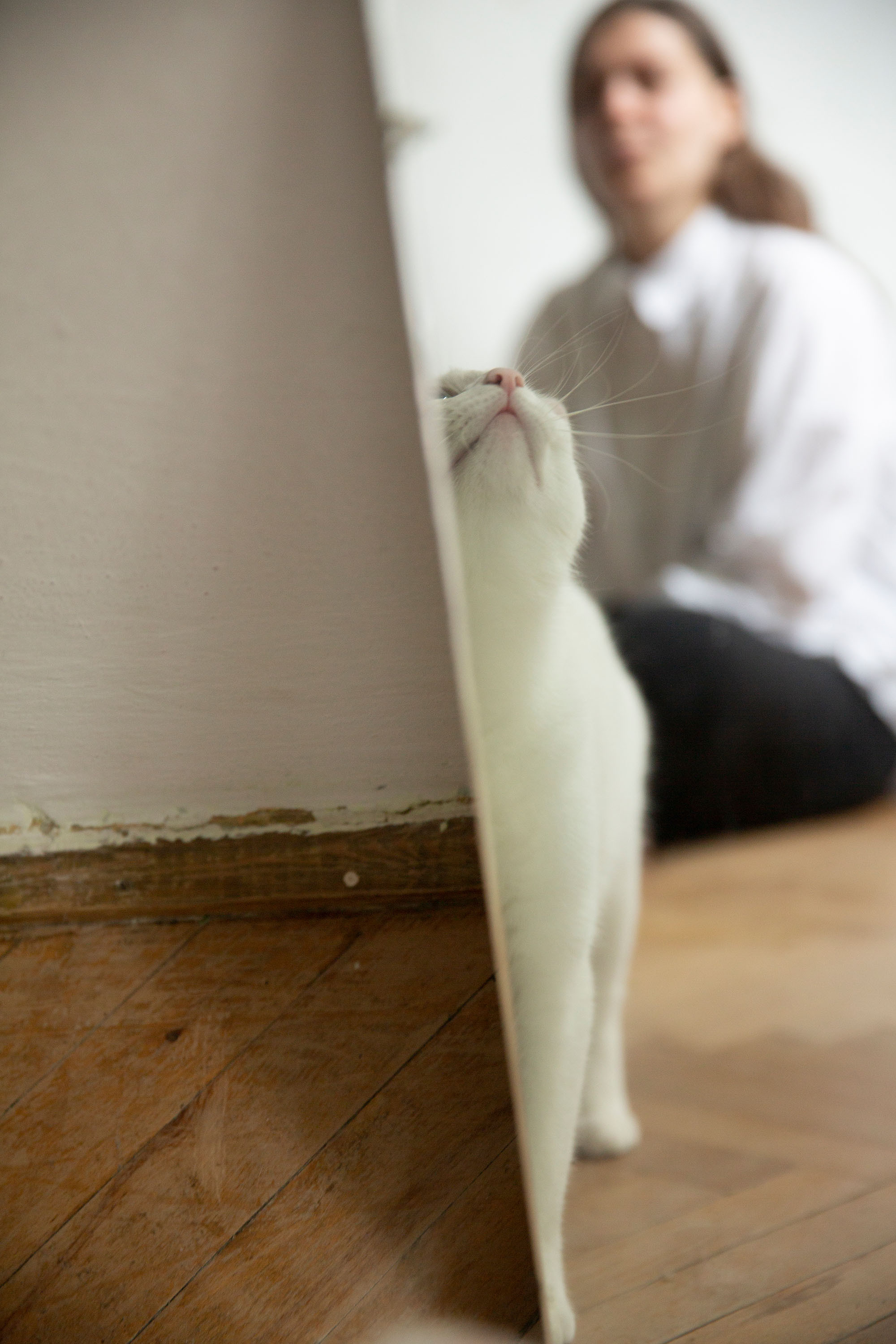
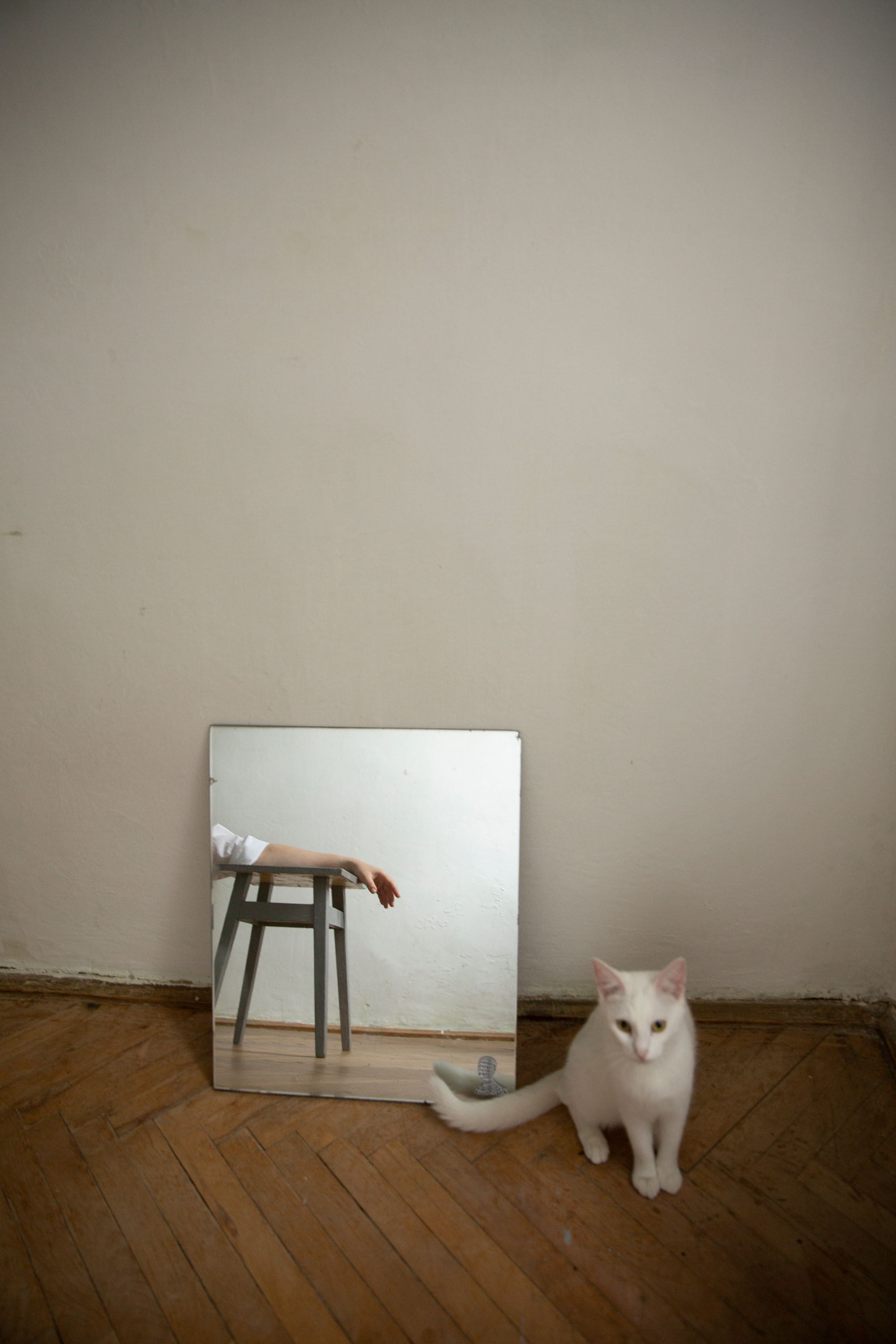
On March 10 we were already in Lviv. My husband's grandfather said that he had a friend there, and she was willing to accommodate us for 2-3 days. To be honest, I didn't do anything, because I couldn't stay active in my life anymore. My depression started to set in. At that time I had no contact with my parents from Mariupol. My condition was only getting worse, so my husband took care of the housing.
The woman who had taken us in for a couple of days let us stay with her for two months. We lived in a small room of six square meters. It was the only space of our own, so there were our belongings, hygiene products, cats, and their food and litter box.
We had no further plans. I had hit rock bottom, I lost all interest in life. I thought that people were stupid, the world was stupid. So then why was I here? I was constantly planning my death because I didn't know then if my parents, my sisters, my nephews, and my friends were still alive. And I didn't want to wait until I was told they were dead.
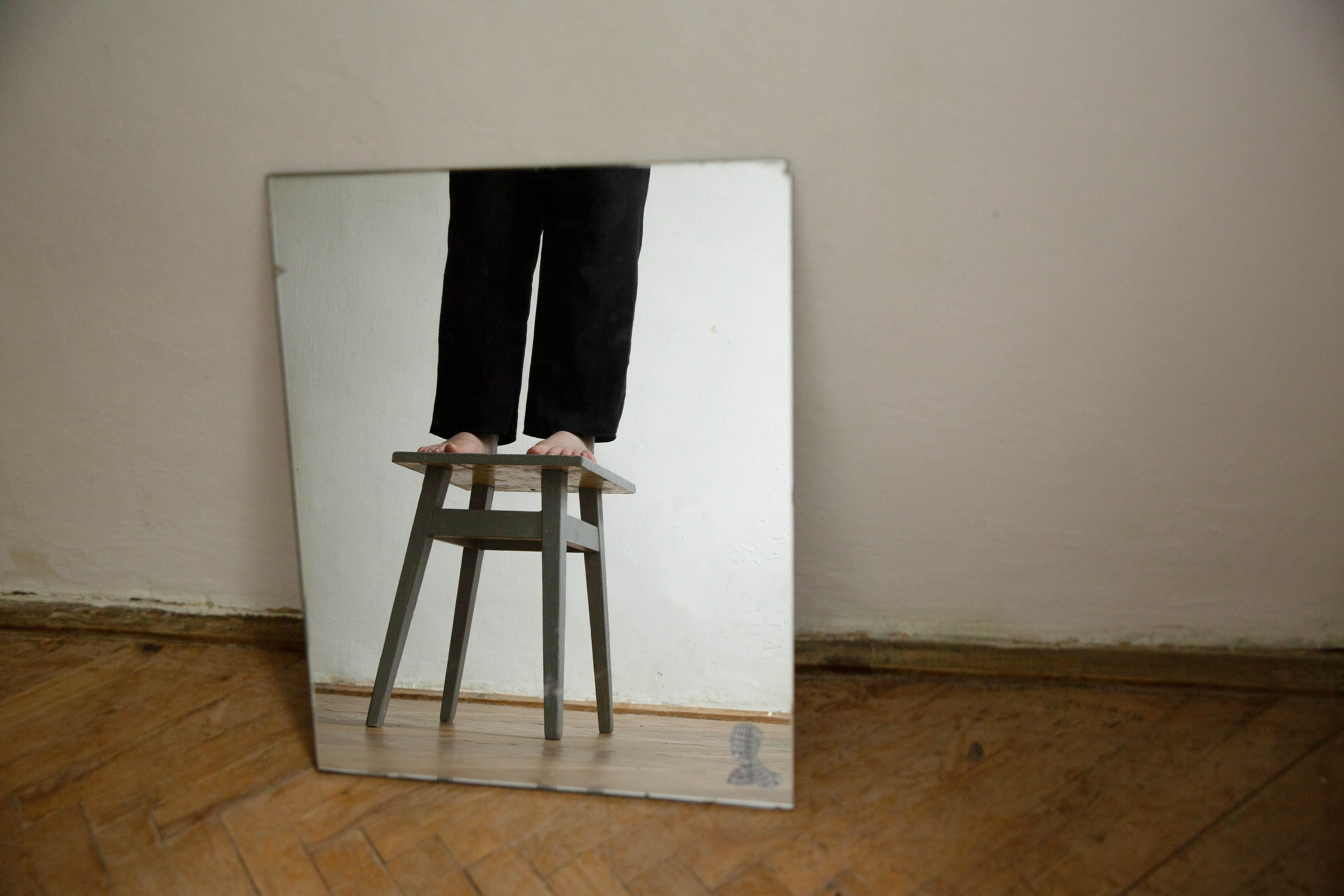
My husband didn't sweet-talk me, didn't feed my depression, he fought it off very harshly. He set up our psychologist to reach out to me. I kept talking and thinking about death, but I felt a little better. At the same time, I received the first news from Mariupol from my sister, who survived with her husband and three children. I turned my attention to helping her. My husband found volunteers who could provide free apartments in Lviv for a few days. We bought food and some things for the family because they had nothing at all, not even toothbrushes for the children.
By that time the teaching at KHSA had already been resumed. On March 15, I replied that I was ready to teach without even thinking it over because it was the only thing I could do. Teaching allowed me to stay emotionally stable. It brought fragments of light into my depression at the time. Then alongside my psychologist, I got help from another girl from Lysychansk. She performed a miracle. She fought for me as if she was fighting for herself.
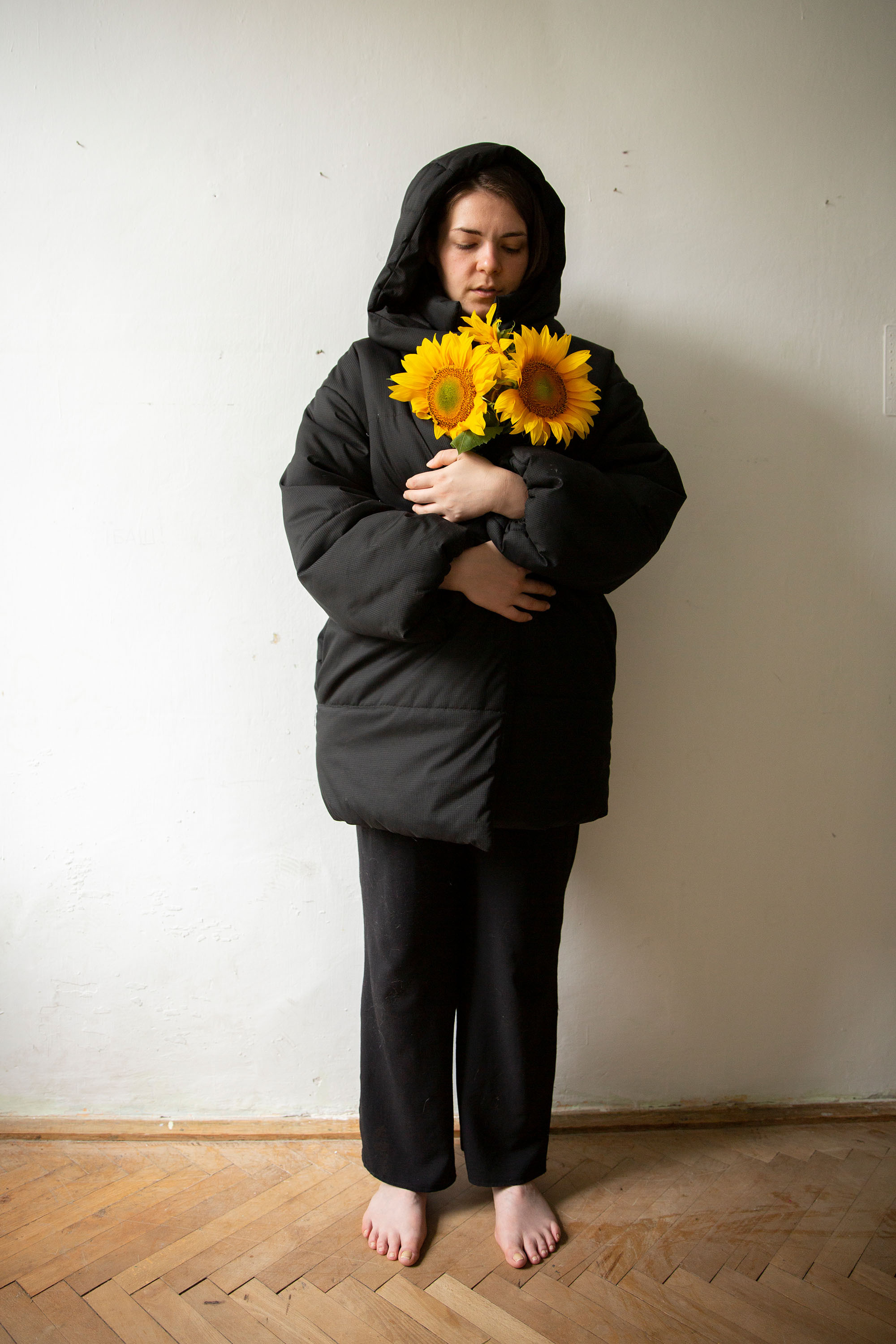
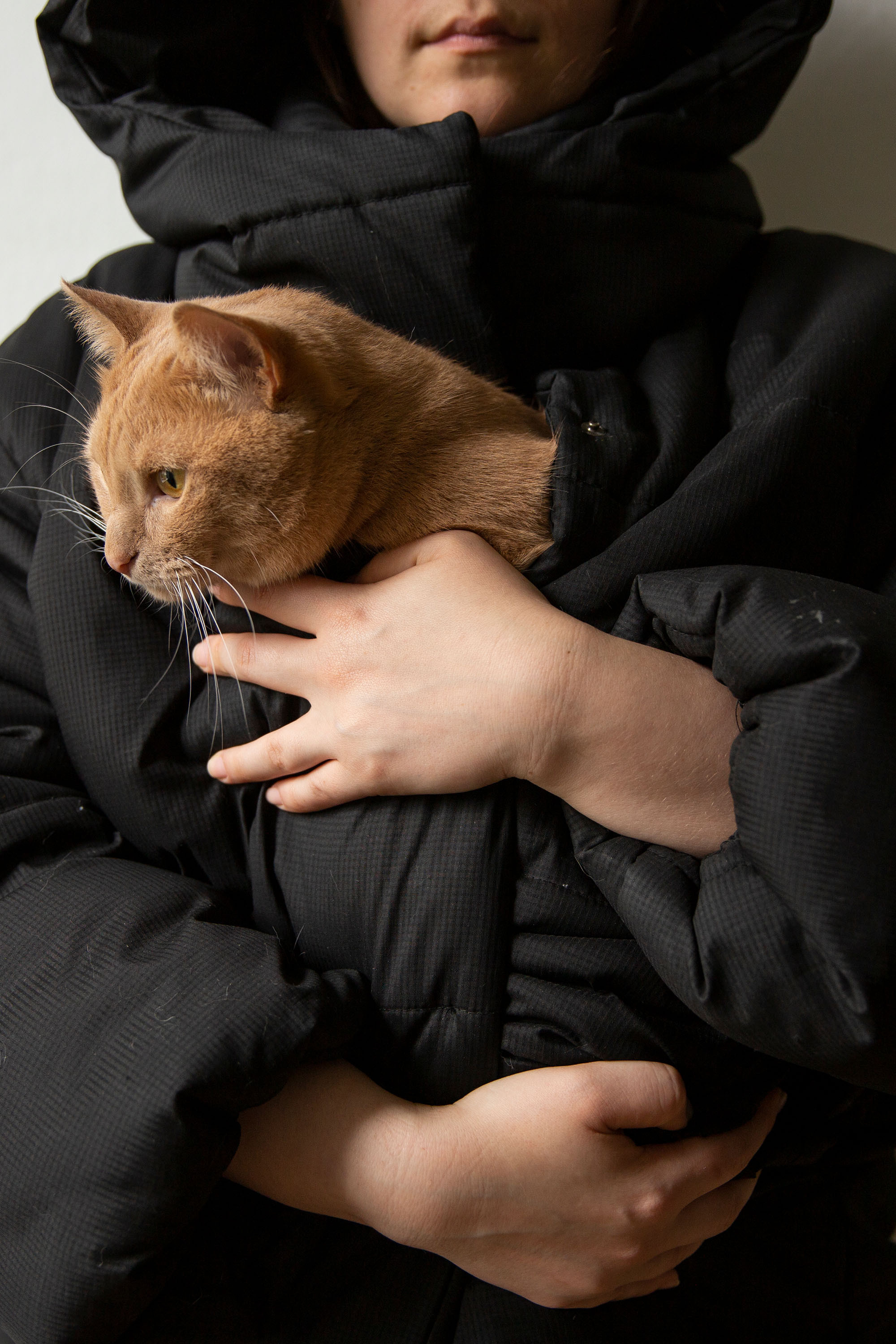
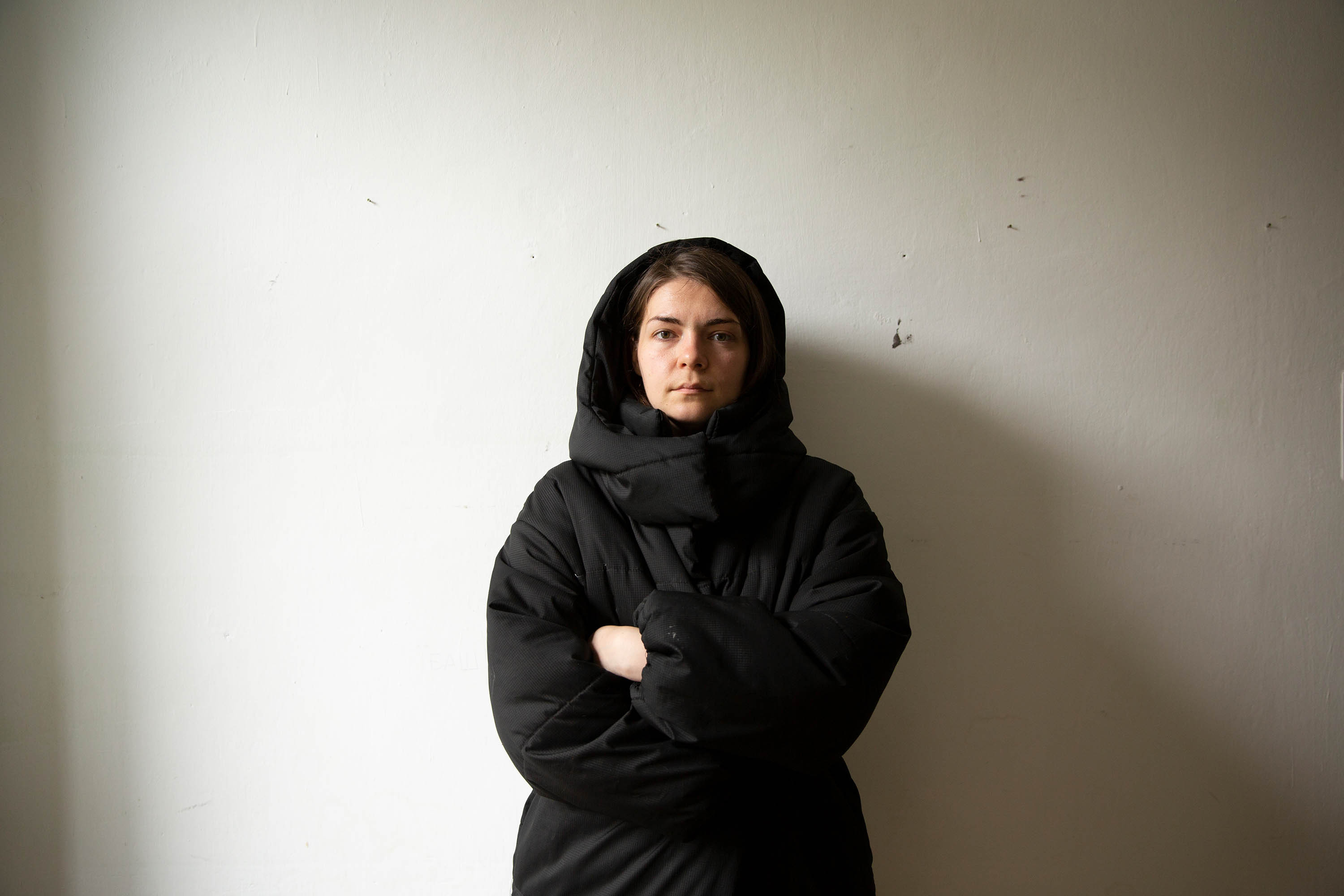
Now I feel good. Whether we return to Kharkiv or not depends on how exactly we win. Because Kharkiv is a frontline city. And now I'm not ready to live where there is fighting, where you can see ruined buildings and death.
For now, I don't have a home. Before the war, we had a joke: “If you behave badly, you'll be born in Mariupol again.” I can't say that I felt any special affection for Mariupol. I lived in Kharkiv for 13 years and was absolutely in love with it.
But since I have realized that I lost Mariupol, I don't miss Kharkiv. And I have also realized what roots mean. You can dislike the city where you were born, but the roots still give you their impulses. And you will never confuse what you have lost when you lose it.

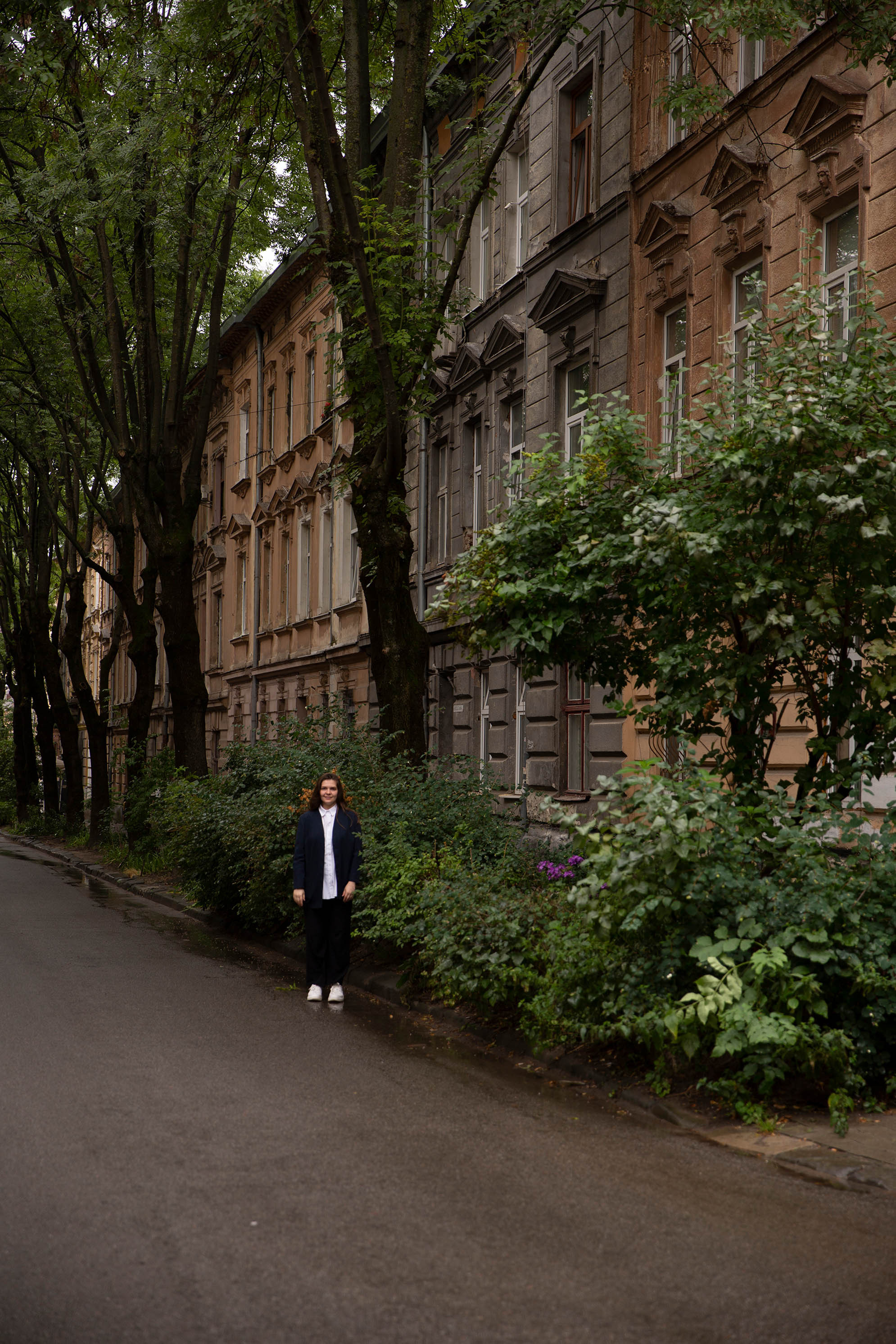
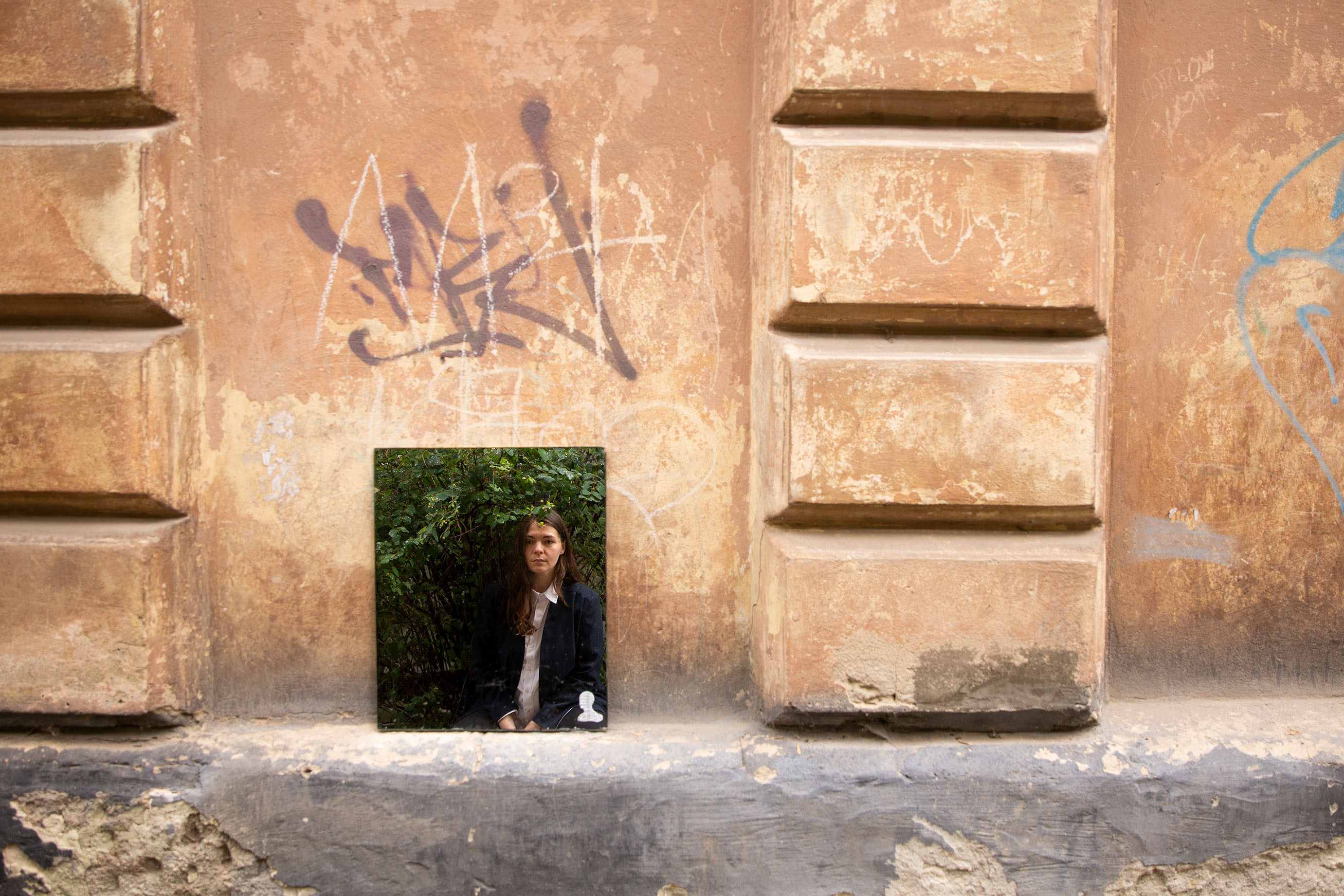
Recorded by Sofiia Panasiuk
Translated by Katsiaryna Khinevich
Photographed by Anna Bobyreva
